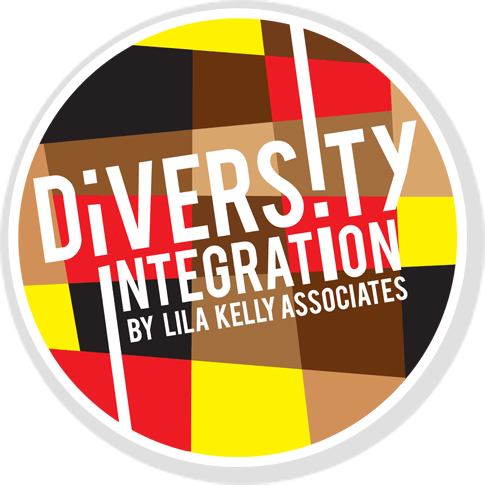
Why Cultural Competency Training for Hiring Teams Matters
To successfully implement equitable hiring practices and foster a truly inclusive workplace, organizations must invest in cultural competency training for hiring managers and interviewers. This training helps interviewers understand the impact of unconscious bias and develop the skills needed to fairly evaluate candidates from diverse cultural backgrounds.
Many interviewers have said that they can tell early on —even during the initial greeting when that crucial first impression is formed—whether an applicant is a fit for the job. Cultural nuances can heavily influence how an applicant is perceived, often during the greeting phase of an interview and throughout the interview process. Eye contact and the handshake are two key factors interviewers commonly use to assess applicants, but these behaviors vary widely across cultures.
Cultural Nuances of Eye Contact
For instance, direct eye contact is often interpreted as a sign of confidence and honesty. However, some interviewers may unfairly judge candidates who avoid direct eye contact, assuming they are untrustworthy or lack confidence.
An American Indian woman, who is a Human Resource Director and part of an interview panel, shared her observations on cultural differences between the applicants of color and white applicants:
“As we interviewed the American Indian woman, the eye contact was poor, she was very shy, and she didn’t brag about herself or bring her attributes out or her assets out to the interviewers. The same thing happened with the Asian male. I wanted to answer for them because I knew they… as I looked on their applications, I knew they had all these skills and abilities. They would not talk about themselves and there was a great disparity between the white males and the minority candidates. It was like night and day.”
Interviewers must consider these cultural differences when evaluating candidates and avoid making judgments based solely on behaviors like eye contact.
Cultural Nuances of the Handshake
Similarly, the handshake—often seen as a universal symbol of confidence—can differ significantly across cultures. A firm handshake is the standard expectation in many workplaces, and anything else is perceived as timid or unconfident. But for some individuals from diverse backgrounds, it can feel awkward or impersonal.
A male Latino applicant described the cultural conflict he experienced with handshakes during job interviews:
“When they shake your hand, whether it’s a man or a female, it’s very rigid. …it’s very distant. I think they train you to do this, hand really straight forward and, ‘Hi.’ For the Latino culture, we are very personal people. It’s common to kiss, for example, on the cheek, people that you know or even acquaintances. So, you compare that to this rigidity thing and, sometimes it feels a little uncomfortable. Of course, I have been here long enough now that I got used to it. But at first it was something that was very uncomfortable, and I am going, ‘Well, these people don’t care.’”
These experiences highlight the importance of cultural awareness in reducing unconscious bias during interviews.
The Value of Cultural Competency Training
The Integrating Diversity & Inclusion into the Hiring Process training programs provide practical tools for developing cultural competencies for interviewing and hiring.
Through real-life examples from diverse individuals sharing their experiences of being on the receiving side of unconscious bias, hiring managers and interviewers can recognize their own unconscious biases and better understand how these biases affect their applicant evaluations.
Training participants gain a deeper understanding of applicants from diverse backgrounds and strategies for:
- Recognizing, interrupting, and addressing unconscious bias.
- Building comfort with diverse candidates, including those from varying racial/ethnic backgrounds, disability statuses, LGBTQ+ identities, age groups, and body sizes.
- Formulating inclusive and culturally sensitive interview questions.
The training includes many other examples of cultural differences that can appear in the hiring process. All of these are fundamental to becoming culturally competent at interviewing.
Creating a Welcoming Hiring Process
Cultural competency in interviewing is essential to fostering an inclusive and welcoming hiring process. It ensures equal employment opportunity for all candidates and allows interviewers to fully understand and evaluate each applicant’s unique skills and potential.
By addressing unconscious bias through training, organizations not only attract top talent but also build a diverse, high-performing workforce. Investing in cultural competency training for hiring managers and interviewers is a strategic move that strengthens workplace culture and drives long-term diversity and inclusion success.
Copyright © 2025 Lila Kelly Associates, LLC. Not to be reprinted without written permission from Lila Kelly. Integrating Diversity and Inclusion into Interviewing, Hiring, Recruiting and Retention – Since 1992. See our Training Modules and short videos, Train-The-Trainer, Blended Learning and Books at diversityintegration.com. Subscribe to our newsletter here.
